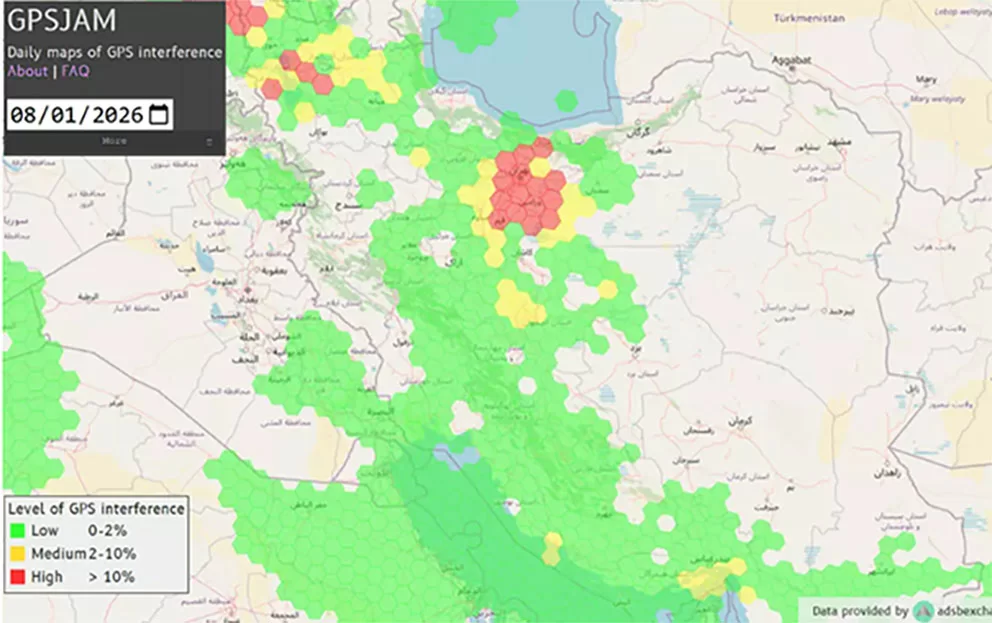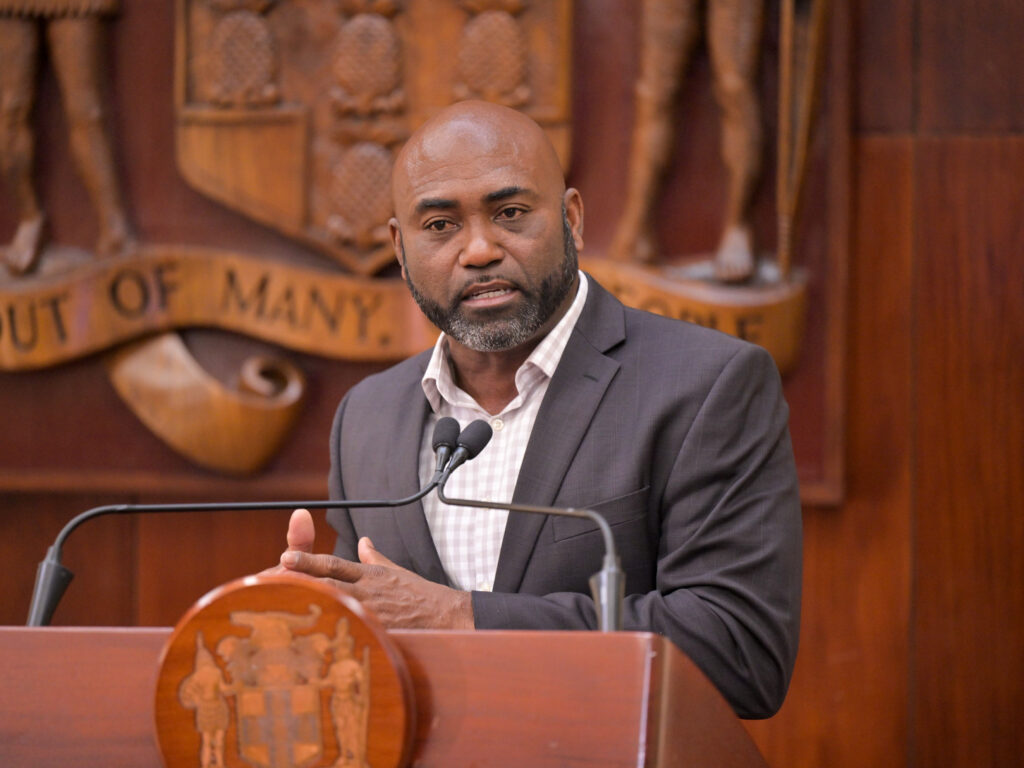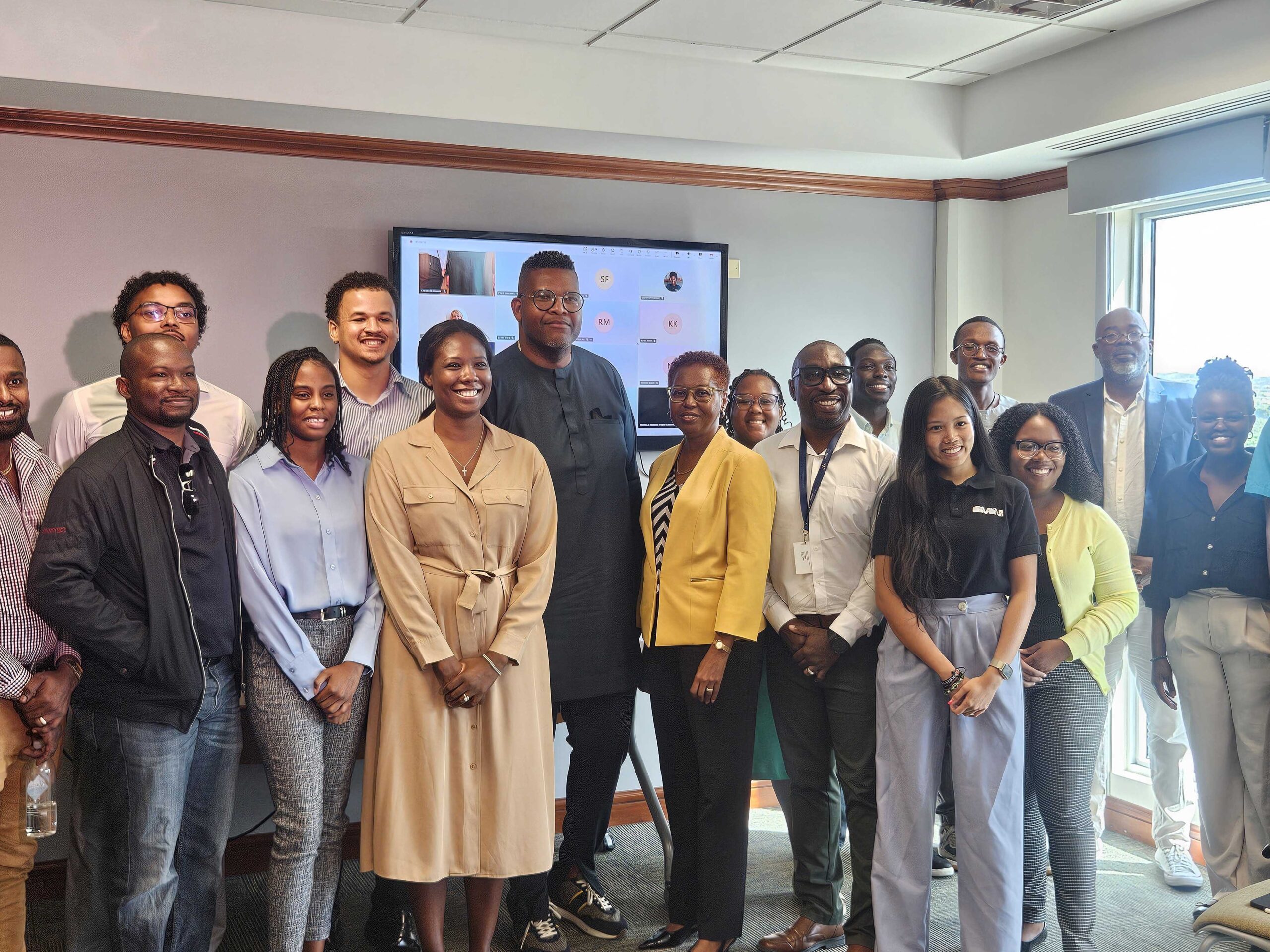A groundbreaking safety application originally known as ‘Are You Dead?’ in China has achieved remarkable viral success and is now poised for international expansion under the new brand name ‘Demumu’. The app, specifically designed for individuals leading solitary lifestyles, has recently topped the charts of paid applications on Apple’s App Store following its surge in popularity.
The application functions as a lightweight safety tool that requires users to designate one emergency contact. It then automatically sends notifications if the user fails to check in through the app for several consecutive days. This innovative approach to personal safety has resonated deeply with China’s growing population of single-person households, which according to state-run Global Times estimates reaches approximately 200 million people, representing over 30% of the population.
The development team behind Demumu announced on their official Weibo platform that the international rebranding decision came after comprehensive deliberations. The Chinese version, called ‘Sileme’ (translating to ‘Are You Dead?’), will now transition to the global brand identity ‘Demumu’ in upcoming versions.
To address rising operational costs, the company implemented a subscription model priced at 8 yuan (approximately $1.15) on Sunday. The App Store currently offers the application for 8 Hong Kong dollars (around $1.03). User responses have been overwhelmingly positive, with one commenter noting: ‘While some conservative individuals might struggle to accept this concept, it provides unmarried people like myself with genuine peace of mind about our chosen lifestyle.’
The app’s sudden popularity and successful monetization strategy demonstrate the growing market for digital solutions catering to modern living arrangements and personal safety concerns in increasingly individualized societies.









